






5-Star Service, Trusted & Loved by Hundreds
Your Appraiser Search Ends Here
Your Appraiser Search Ends Here
.avif)

Nationwide Coverage – Appraisals Anywhere in the US

Get it done Onsite or Online

Any Asset, Covered

Defensible for Any Purpose
Frequently Asked
Questions
No Frequently Asked Questions Found.
The legal framework of divorce varies across jurisdictions, but generally involves a structured process of legal separation. Two primary divorce pathways exist: contested and uncontested. Contested divorces occur when partners cannot agree on critical elements like asset division, child custody, or financial support, often requiring extensive legal negotiation and potential court intervention. Uncontested divorces, conversely, represent scenarios where both parties reach mutual agreements, facilitating a more streamlined and typically less expensive resolution.
Beyond legal mechanics, divorce encompasses significant emotional and psychological dimensions. Individuals experiencing divorce often navigate complex feelings of loss, grief, uncertainty, and potential relief. The emotional landscape can be intricate, involving mourning the end of a relationship while simultaneously confronting practical life transitions.
Financial considerations form another critical aspect of divorce. The process involves comprehensive asset evaluation, potential spousal support determinations, and equitable distribution of shared resources. Property valuation, retirement account divisions, and potential tax implications require careful, strategic planning.
When children are involved, divorce becomes exponentially more nuanced. Parents must prioritize their children's emotional well-being, establishing cooperative co-parenting strategies that minimize psychological disruption. Courts consistently emphasize children's best interests, seeking arrangements that provide stability and support during this significant family transition.
While challenging, divorce can also represent an opportunity for personal growth, self-reflection, and eventual renewal. Professional support through counseling, legal guidance, and personal networks can help individuals navigate this complex life event with greater resilience and clarity.
An accurate valuation provides a transparent, unbiased assessment of shared property and assets. This becomes especially crucial for high-value items like real estate, businesses, jewelry, and investments where personal emotions can distort perceived worth. By establishing a factual baseline, both parties can approach property division with a clear, rational perspective.
Legal proceedings demand rigorous documentation, and many jurisdictions require formal appraisals to ensure equitable asset distribution. These professional evaluations serve as authoritative documents that courts recognize, minimizing potential disputes arising from subjective estimations.
The appraisal process extends beyond simple monetary calculation. It encompasses a comprehensive analysis of tangible and intangible assets, providing deep insights into the true value of marital property. This holistic approach supports more meaningful settlement negotiations, enabling both parties to make informed decisions about their financial futures.
Professional appraisals also offer strategic advantages during divorce proceedings. They can expedite negotiations by presenting objective data, reducing potential conflicts and emotional tension. Moreover, they help individuals understand the full financial landscape, supporting more effective post-divorce financial planning.
Perhaps most importantly, a professional appraisal delivers peace of mind during a turbulent period. By transforming complex asset valuations into clear, defensible figures, individuals can focus on personal healing and future opportunities rather than getting entangled in prolonged disputes.
The true value of a professional appraisal lies not just in its numerical precision, but in its potential to facilitate a more amicable, forward-looking approach to asset division during divorce.
Professional appraisers conduct an in-depth examination that considers several key elements: equipment age, operational condition, accumulated usage hours, specific brand and model characteristics, and current market dynamics. Each factor is carefully weighted to generate an accurate representation of the asset's true worth.
The appraisal process begins with a detailed physical inspection, where experts methodically evaluate the equipment's structural integrity, mechanical functionality, and overall performance potential. Maintenance records play a crucial role, offering insights into the equipment's historical care and potential longevity. Well-maintained machinery typically commands a higher valuation, reflecting the diligence of its previous owners.
Comparative market analysis forms another cornerstone of the appraisal methodology. Appraisers cross-reference the equipment against recent sales of similar machinery, ensuring the valuation reflects current market conditions and industry trends. This approach provides a nuanced, data-driven perspective that goes beyond surface-level assessments.
Different sectors leverage construction equipment appraisals for varied purposes. Contractors use these evaluations to make strategic decisions about equipment acquisition or disposition. Financial institutions rely on precise valuations to assess lending risks and determine appropriate financing terms. Rental companies depend on these assessments for fleet management and insurance purposes.
Ultimately, a construction equipment appraisal represents a complex intersection of technical expertise, market knowledge, and financial analysis. It provides stakeholders with a reliable, objective assessment that supports informed decision-making in an ever-evolving industry landscape.
Detailed digital assessments typically involve clients submitting high-quality photographs and comprehensive equipment specifications. Appraisers carefully analyze these submitted materials, examining equipment condition, age, operational history, and market comparability factors. This method allows for precise evaluation without requiring physical presence.
Interactive online appraisal options have expanded, leveraging video conferencing platforms like Zoom, Google Meet, and Skype. These live sessions enable real-time equipment examination, allowing appraisers to request specific angles, discuss unique features, and conduct thorough visual inspections with clients.
The digital appraisal process offers significant advantages, including dramatically reduced turnaround times and elimination of geographical constraints. Clients can receive professional assessments quickly and conveniently, without scheduling complex in-person meetings or incurring additional travel expenses.
Modern appraisal techniques incorporate advanced technological tools and professional expertise to deliver accurate, reliable equipment valuations. By combining detailed documentation, visual evidence, and professional analysis, online construction equipment appraisals provide comprehensive insights that meet industry standards and client expectations.
Certified general appraisers offer the broadest expertise, holding comprehensive licenses that enable them to assess virtually any type of heavy machinery. Their deep market knowledge allows for nuanced valuations of complex and high-value equipment, making them invaluable for comprehensive assessments.
Licensed equipment appraisers focus specifically on machinery valuation, developing deep expertise in construction equipment like excavators, bulldozers, and cranes. Their specialized knowledge ensures precise evaluations that account for industry-specific factors, regulatory compliance, and detailed condition assessments.
Industrial appraisers bring a strategic perspective, examining equipment within the broader context of manufacturing and construction operations. They excel at understanding how machinery integrates into industrial ecosystems, providing holistic valuations that consider operational capabilities and market positioning.
Cost approach appraisers utilize a methodical replacement value strategy, calculating equipment worth based on reproduction costs and accounting for depreciation. This approach proves particularly effective for new or unique machinery, offering a scientific basis for valuation.
Market approach appraisers leverage comparative sales data, analyzing recent transactions to determine fair market value. By examining factors like age, condition, and brand reputation, they provide insights that reflect current market dynamics and competitive pricing trends.
Auction appraisers specialize in evaluating equipment within the unique context of sales environments. Their expertise in predicting auction performance helps buyers and sellers understand potential market values, drawing from historical sales data and current industry trends.
Selecting the right appraiser depends on specific assessment needs, equipment type, and valuation objectives. Understanding these professional distinctions empowers businesses and individuals to make informed decisions about their construction equipment assets.
Financial decision-makers rely on equipment appraisals to understand the true economic landscape of their assets. By establishing precise market values, companies can make informed choices about equipment maintenance, replacement, and potential divestiture. These evaluations capture nuanced details about depreciation, current market conditions, and potential future value trajectories.
Insurance and risk management represent another crucial dimension of equipment appraisals. Accurate valuations ensure appropriate coverage levels, protecting organizations from potential financial vulnerabilities in case of unexpected equipment loss or damage. This proactive approach mitigates potential economic disruptions and provides a clear framework for claims processes.
Lending institutions and financial partners frequently require professional equipment appraisals when considering financing or leasing arrangements. A comprehensive, objective assessment provides credibility and transparency, potentially securing more favorable lending terms and demonstrating the organization's financial sophistication.
Tax planning and compliance represent additional significant benefits of professional equipment appraisals. Whether addressing charitable donations, estate planning, or annual tax reporting, precise valuations help organizations maximize potential tax advantages while maintaining regulatory adherence.
Strategic asset management emerges as a fundamental outcome of regular equipment appraisals. By tracking equipment value over time, businesses can develop more intelligent procurement strategies, anticipate replacement cycles, and optimize their capital investment approaches.
Ultimately, construction equipment appraisals transcend simple monetary calculations. They represent a holistic tool for financial strategy, risk management, and organizational planning, enabling more sophisticated and informed decision-making across multiple business dimensions.
Understanding Construction Equipment Appraisals
Understanding construction equipment appraisals is crucial during divorce proceedings, particularly when significant assets are involved. Construction equipment can encompass a wide range of machinery, from bulldozers and excavators to smaller tools, all of which can have considerable value. Accurate appraisals are essential for ensuring an equitable distribution of assets, as they provide a clear understanding of the fair market value of the equipment. This valuation can influence settlement negotiations and help both parties make informed decisions regarding their future financial standings.
The process of appraising construction equipment typically involves evaluating its current condition, age, and overall usability, alongside market trends for similar equipment. Appraisers may consider factors such as maintenance history, original purchase price, and any modifications made to the machinery. Utilizing comprehensive valuation methodologies, experienced appraisers can deliver a precise assessment that reflects the equipment’s worth in an ever-evolving market. By having a thorough understanding of these appraisals, both parties can approach the negotiation process with greater confidence and clarity.
Importance of Appraisal in Divorce Proceedings
In divorce proceedings, the division of assets can be one of the most contentious issues, and construction equipment is no exception. Accurate appraisal of such assets is essential not only for fair distribution but also for ensuring that each party understands the overall value of what is at stake. Construction equipment often involves significant investment and can represent a substantial portion of a couple's net worth, making precise valuation crucial in negotiations and settlements.
An appraisal provides an unbiased and professional assessment of the fair market value of construction equipment, considering factors such as the equipment's age, condition, and current market demand. This objective evaluation can help both parties reach an equitable agreement, minimizing the chances of disputes over valuations that could lead to further legal complications. By providing a clear financial picture, appraisals also assist in establishing the value of these assets in the context of alimony or child support considerations.
Moreover, having a clear and documented appraisal can streamline the settlement process, reducing the emotional stress often associated with divorce. When both parties are equipped with the same information regarding asset values, it can foster open communication and collaboration during negotiations. Ultimately, a professional appraisal not only aids in the division of construction equipment but also promotes a more amicable resolution to a challenging life transition.
Common Types of Construction Equipment Subject to Appraisal
When it comes to construction equipment appraisals, several types are commonly evaluated to determine their fair market value, especially during divorce proceedings. Heavy machinery such as excavators, bulldozers, and backhoes are often the most significant assets in this category. Additionally, smaller equipment like generators, compressors, and concrete mixers can also contribute significantly to the total value. Each type of equipment has specific factors that influence its appraisal, such as age, condition, and usage history, making it essential to consider these elements during the evaluation process.
In addition to standard heavy machinery, specialized tools and attachments also warrant appraisal to reflect their value accurately. This can include items like hydraulic hammers, augers, and other attachments that enhance the functionality of primary equipment. Furthermore, ancillary equipment such as scaffolding, safety gear, and even transport vehicles may need to be included in the overall assessment. Understanding the diversity of construction equipment and its implications during a divorce is crucial to ensure a fair distribution of assets.
Factors Influencing the Value of Construction Equipment
The value of construction equipment can be influenced by several critical factors. Age and condition are paramount; newer equipment in excellent working order tends to hold its value better, while older machinery with high wear and tear may see significant depreciation. Additionally, the equipment's brand reputation and model type can impact its market value, as certain brands are known for durability and reliability, making them more sought after by buyers. Market demand also plays a crucial role; during booming construction periods, the value of equipment can rise, reflecting a scarcity of available machines.
Geographical location is another factor that can affect the valuation of construction equipment. Equipment located in areas with high construction activity typically commands higher prices due to competition among contractors. Furthermore, modifications and attachments can enhance the value, as specialized tools make machines more versatile and appealing to potential buyers. Understanding these factors is essential for effective appraisal, ensuring that valuations accurately reflect the current market landscape and the specific traits of the equipment in question.
The Role of a Qualified Appraiser
A qualified appraiser plays a crucial role in determining the fair market value of construction equipment during divorce proceedings. Their expertise ensures that both parties have an accurate understanding of the assets involved, which can significantly influence the division of property. Appraisers are trained to assess a wide range of equipment, taking into account not only the current market conditions but also the specific characteristics and conditions of the items being evaluated.
The appraiser's evaluation process typically includes a thorough inspection of the equipment, reviewing historical sales data, and employing valuation methodologies that best suit the type of machinery. They provide a comprehensive report that outlines their findings and rationale for the assigned value, which serves as a critical piece of evidence during negotiations. This level of detail and professionalism helps to minimize disputes and ensure that the appraisal is recognized by legal entities and stakeholders involved.
Engaging a qualified appraiser is not just beneficial for establishing fair value; it also demonstrates a commitment to transparency and equity in the divorce process. The insights provided by the appraiser can help both parties arrive at conclusions that are informed and reasonable. Additionally, having a neutral third-party evaluation can aid in building trust, reducing the likelihood of contention over asset division, and promoting a smoother resolution during what can often be a challenging and emotionally charged time.
The Appraisal Process: What to Expect
The construction equipment appraisal process typically begins with gathering pertinent information about the assets in question. Appraisers will collect details such as the make, model, year, condition, and any unique features of the equipment. It's essential to provide accurate documentation, including maintenance records and purchase invoices, to facilitate a thorough evaluation. This information helps appraisers determine the fair market value and appropriate depreciation of the equipment involved in the divorce proceedings.
Once the necessary information is compiled, the appraiser conducts a physical inspection of the equipment. This entails assessing the condition, functionality, and any relevant safety compliance measures. After the evaluation is complete, the appraiser prepares a detailed report outlining the findings and valuation. This report serves as a vital tool in negotiations, ensuring that both parties have a clear understanding of the value of the construction equipment, which can be crucial for equitable asset division during a divorce.
Different Methods of Valuation
When it comes to appraising construction equipment for divorce proceedings, there are several methods of valuation that can be utilized. One common approach is the cost approach, which estimates the value based on the cost to replace the equipment minus any depreciation. This method is particularly useful for newer machinery, as it takes into account the current condition and remaining useful life of the asset, making it a reliable indicator of value in the context of asset distribution.
Another prevalent method is the market approach, which assesses the value of construction equipment by analyzing the sale prices of comparable assets in the market. This approach relies on the principle of substitution, assuming that a buyer would not pay more for a piece of equipment than the cost of purchasing a comparable item. By examining recent sales data and conditions surrounding those transactions, appraisers can arrive at a competitive and market-reflective valuation, essential for equitable distribution in divorce settlements.
The income approach, though less common for construction equipment, can also be considered in certain cases, especially if the equipment generates income. This method evaluates the expected cash flows that the equipment can produce, discounted to present value. By assessing the equipment's capacity to generate revenue, parties can gain a clearer picture of its worth beyond just the physical asset itself, further supporting the decision-making process during asset division.
Documentation Required for Appraisal
When preparing for a construction equipment appraisal during divorce proceedings, it is essential to gather the necessary documentation to facilitate an accurate evaluation. Key documents typically include purchase receipts, maintenance records, and any existing appraisals. These records not only establish the value of the equipment at the time of the appraisal but also provide insight into its condition and history, influencing the final valuation.
In addition to ownership documents, detailed lists of all construction equipment owned, including models, serial numbers, and current operating status, are vital. This ensures that the appraiser has a clear understanding of what assets are being evaluated. Collecting this information beforehand can streamline the appraisal process, saving both time and potential disputes during property division negotiations.
Special Considerations for Divorcing Couples
When couples go through a divorce, the division of assets can often become contentious, particularly when it comes to high-value items like construction equipment. Special considerations must be taken into account, as the value of this equipment can fluctuate based on a variety of factors, including market conditions, depreciation, and maintenance history. Additionally, accurately appraising construction equipment requires an understanding of the specific type of machinery involved, its condition, and how it fits within the context of the business that owned it. For divorcing couples, having a clear and fair valuation can prevent future disputes and facilitate a smoother asset division process.
It is essential for both parties to agree on a qualified appraiser who is experienced in assessing construction equipment. This professional will not only provide an objective valuation but also help ensure that any potential biases are minimized, fostering a sense of trust throughout the process. Furthermore, understanding the distinctions between various types of equipment, such as excavators, bulldozers, and cranes, as well as their depreciation methods can be critical in achieving an equitable settlement. By addressing these factors early on, couples can reduce conflict and lay the groundwork for a fair division of assets.
How Appraisals Impact Asset Division
In the context of divorce proceedings, appraisals play a crucial role in the equitable division of assets, particularly when it comes to high-value items like construction equipment. Accurate appraisals provide an objective assessment of the value of these assets, ensuring that both parties have a clear understanding of what is at stake. This process not only mitigates disputes but also aids in achieving a fair settlement by establishing a baseline for negotiations regarding asset distribution.
Construction equipment, such as bulldozers, excavators, and backhoes, can represent substantial investments, and their value can fluctuate based on various factors like age, condition, and market demand. An appraisal provides insights into the current fair market value, which is vital for both parties to navigate the complexities of asset division. Additionally, understanding depreciation rates and potential resale value can influence decisions on whether to retain or sell equipment during the divorce process.
Engaging a qualified appraiser who specializes in construction equipment ensures that the valuation is accurate and compliant with industry standards. Such expertise can lend credibility to the appraisal, which may be necessary if disputes arise during negotiations or litigation. Ultimately, obtaining a professional appraisal serves as a foundation for a transparent division of assets, fostering a smoother resolution during what can be a highly emotional and challenging time.
Dispute Resolution: Challenging an Appraisal
Challenging an appraisal during divorce proceedings can be a complex process, especially when it involves construction equipment. Disputes often arise regarding the condition, market value, or even the appraisal method used. Having a thorough understanding of the appraisal guidelines and methodologies can empower both parties to effectively address discrepancies in valuation and foster a more constructive dialogue.
The process typically begins with the party disputing the appraisal presenting specific concerns backed by evidence. This could include second opinions, comparable sales, or documented maintenance records that might affect the equipment's value. Engaging a knowledgeable appraisal professional to assess the situation can lend credibility to the challenge and streamline the negotiation process.
In cases where an agreement cannot be reached, alternative dispute resolution methods such as mediation or arbitration may be employed. These approaches aim to facilitate an amicable settlement while minimizing court involvement. Understanding the implications of these methods on the appraisal outcome is crucial, as they can significantly impact the final allocation of assets during the divorce.
Conclusion: Navigating the Appraisal Process in Divorce
Navigating the appraisal process during a divorce can be a complex endeavor, particularly when it involves construction equipment. Proper evaluations can help ensure an equitable distribution of assets, allowing both parties to attain a fair settlement. Engaging experienced appraisers who understand the unique characteristics and market value of construction machinery is essential in this situation. Accurate appraisals take into account factors such as age, condition, market demand, and any modifications that may impact value.
Effective communication and transparency between both parties regarding the equipment's valuation are vital to avoid potential disputes. It’s advisable to gather all relevant documentation, including purchase records and maintenance logs, to facilitate the appraisal process. By investing the time and resources into obtaining a thorough and impartial appraisal, individuals can contribute to a smoother divorce resolution, ultimately leading to a more balanced transition for both parties involved.
View all Locations
BEST-IN-CLASS APPRAISERS, CREDENTIALED BY:






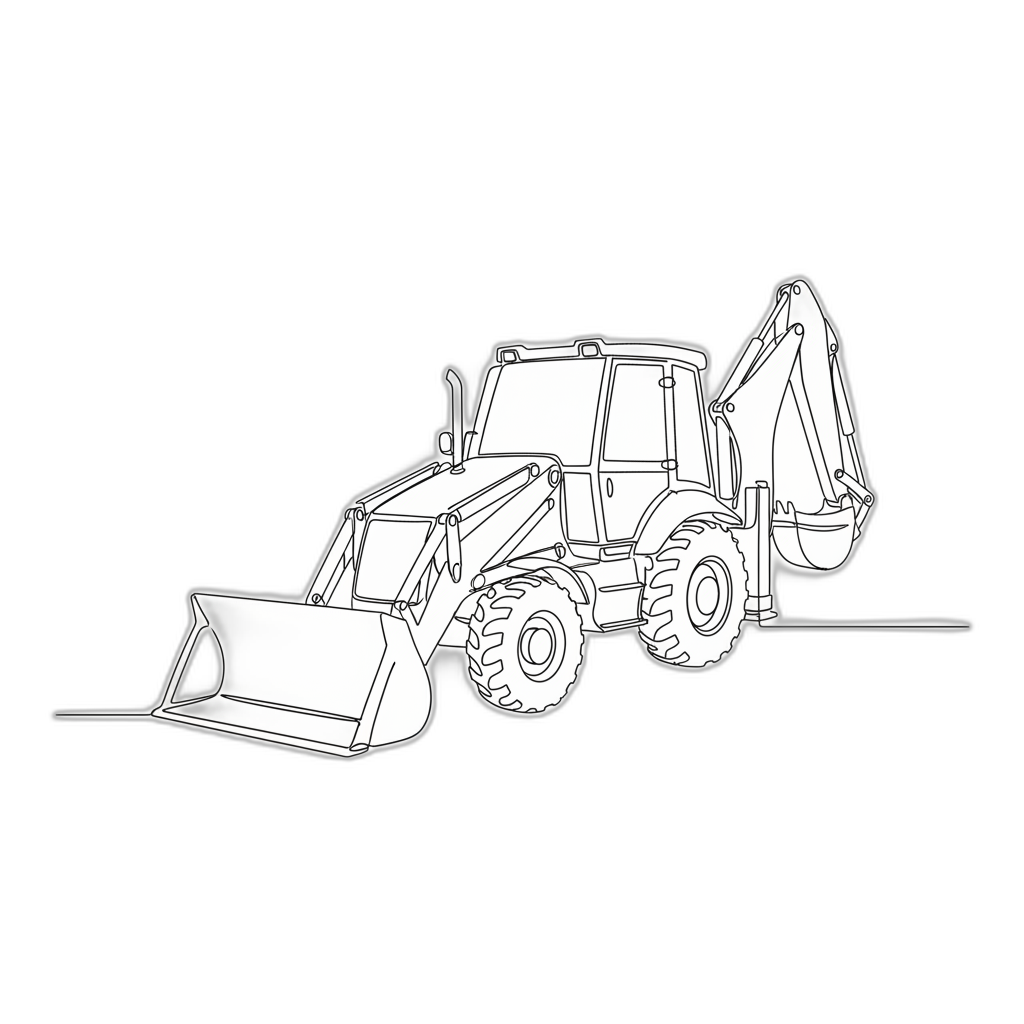
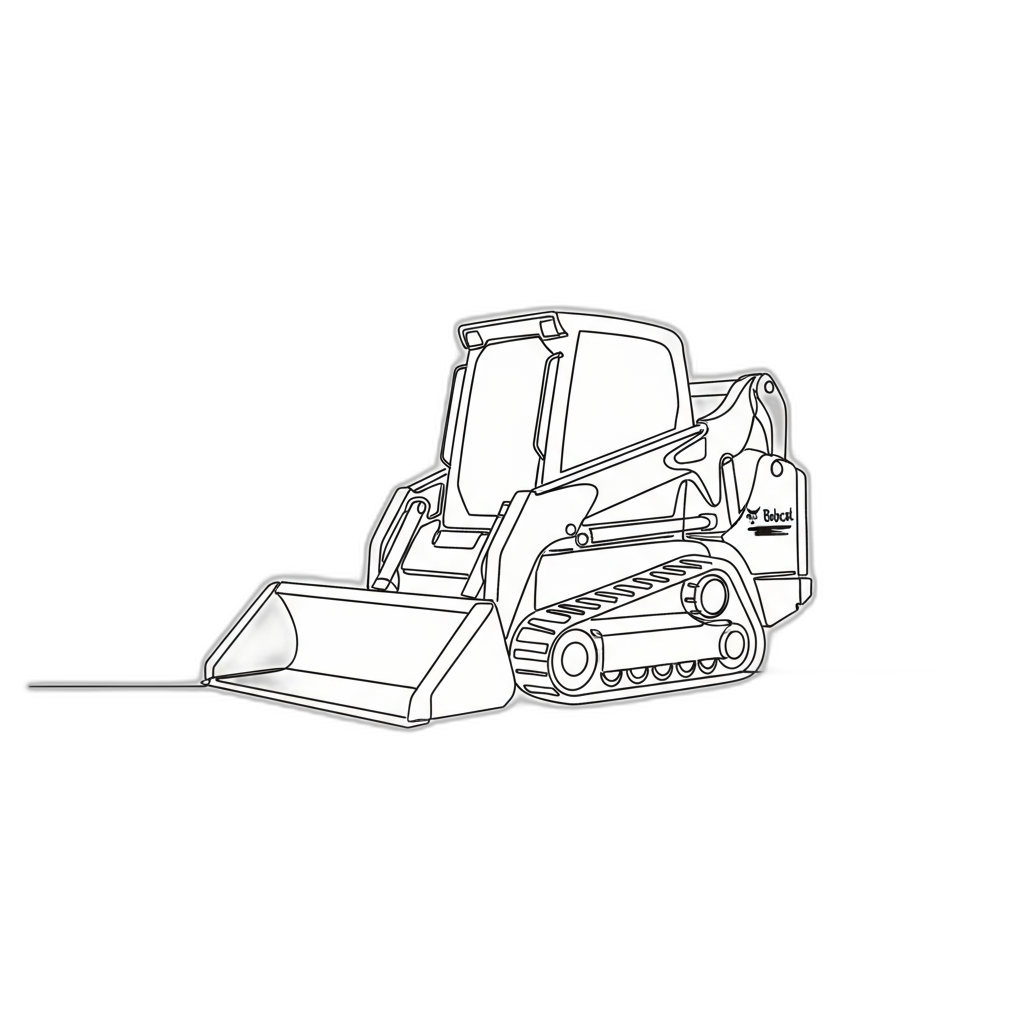
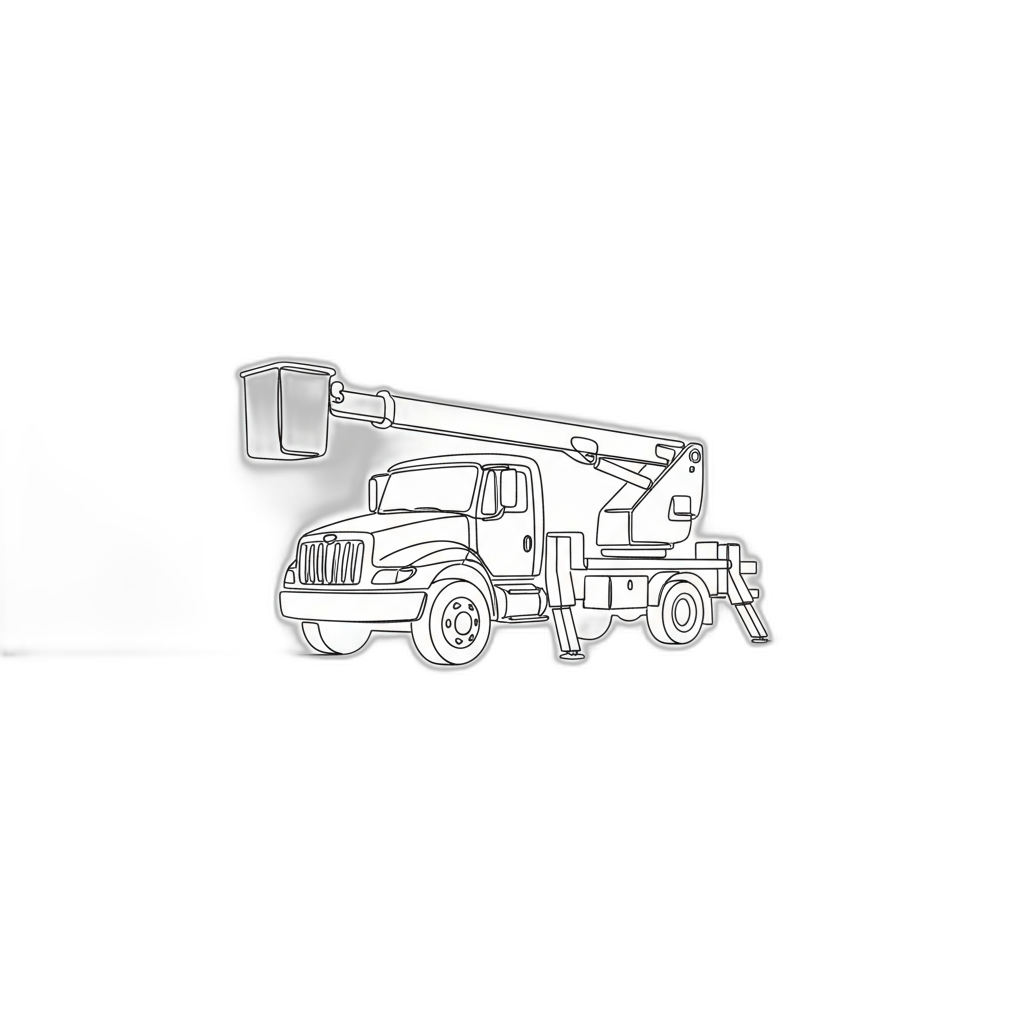
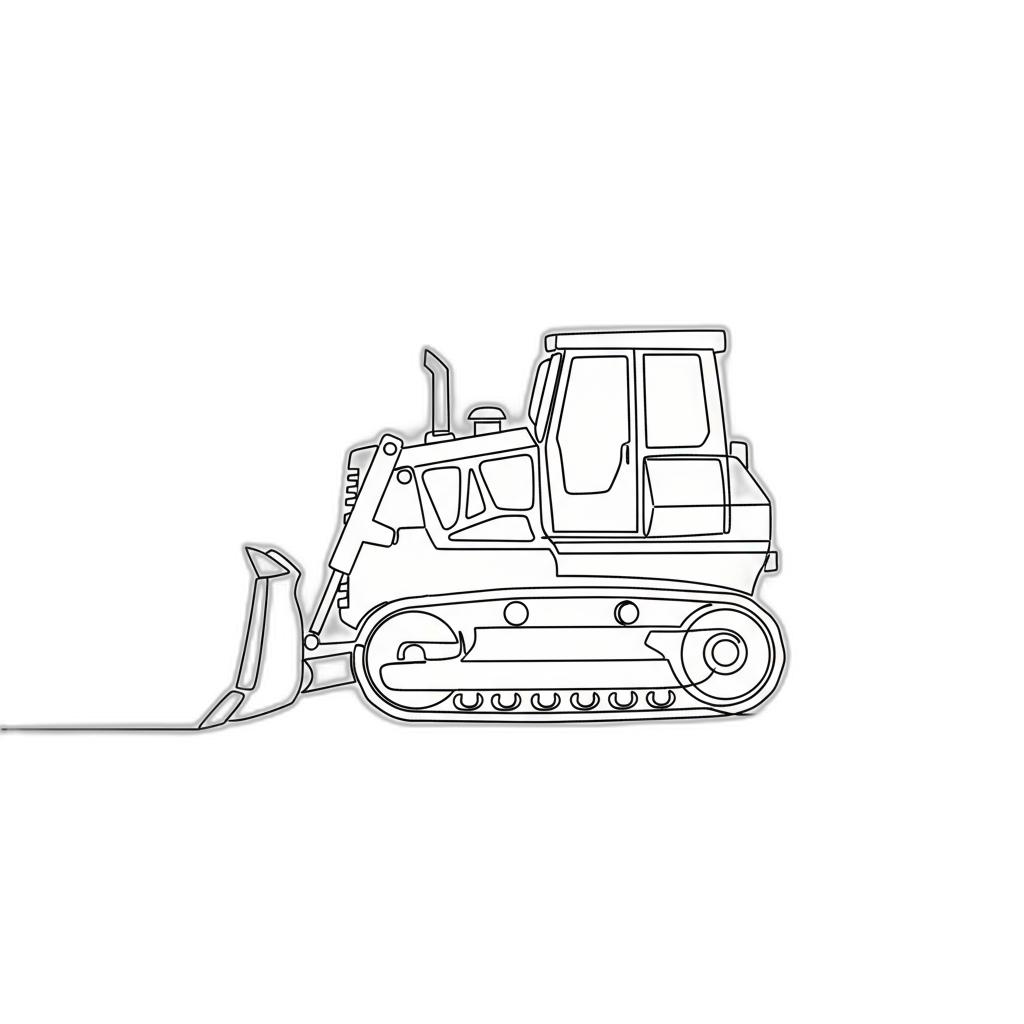


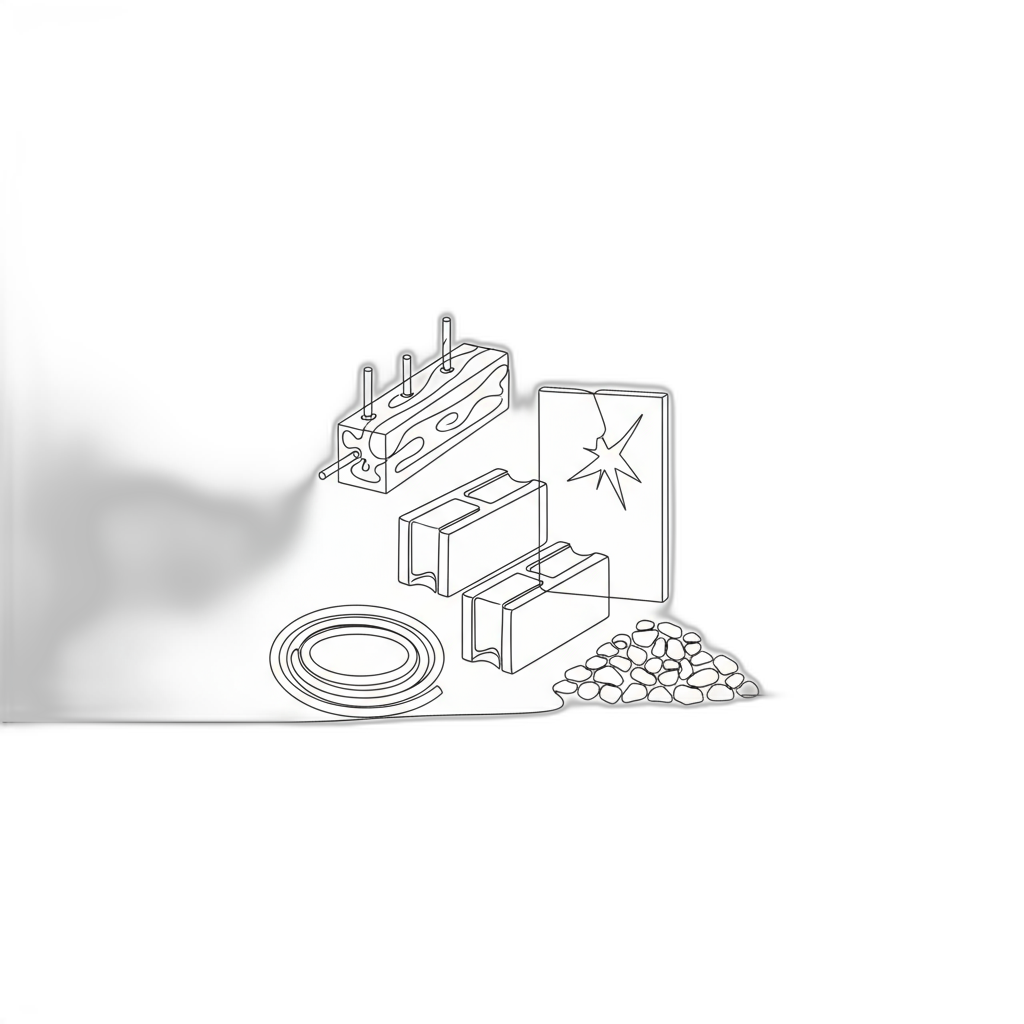
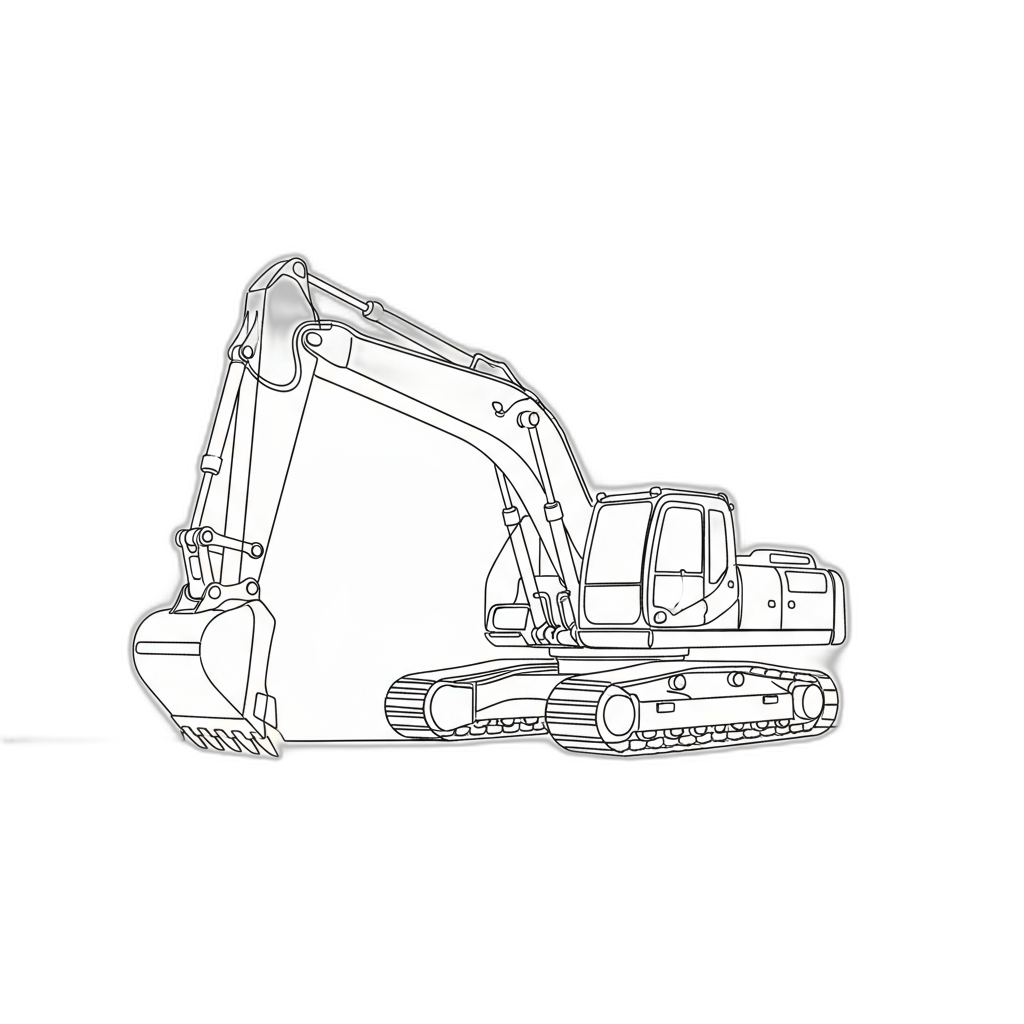
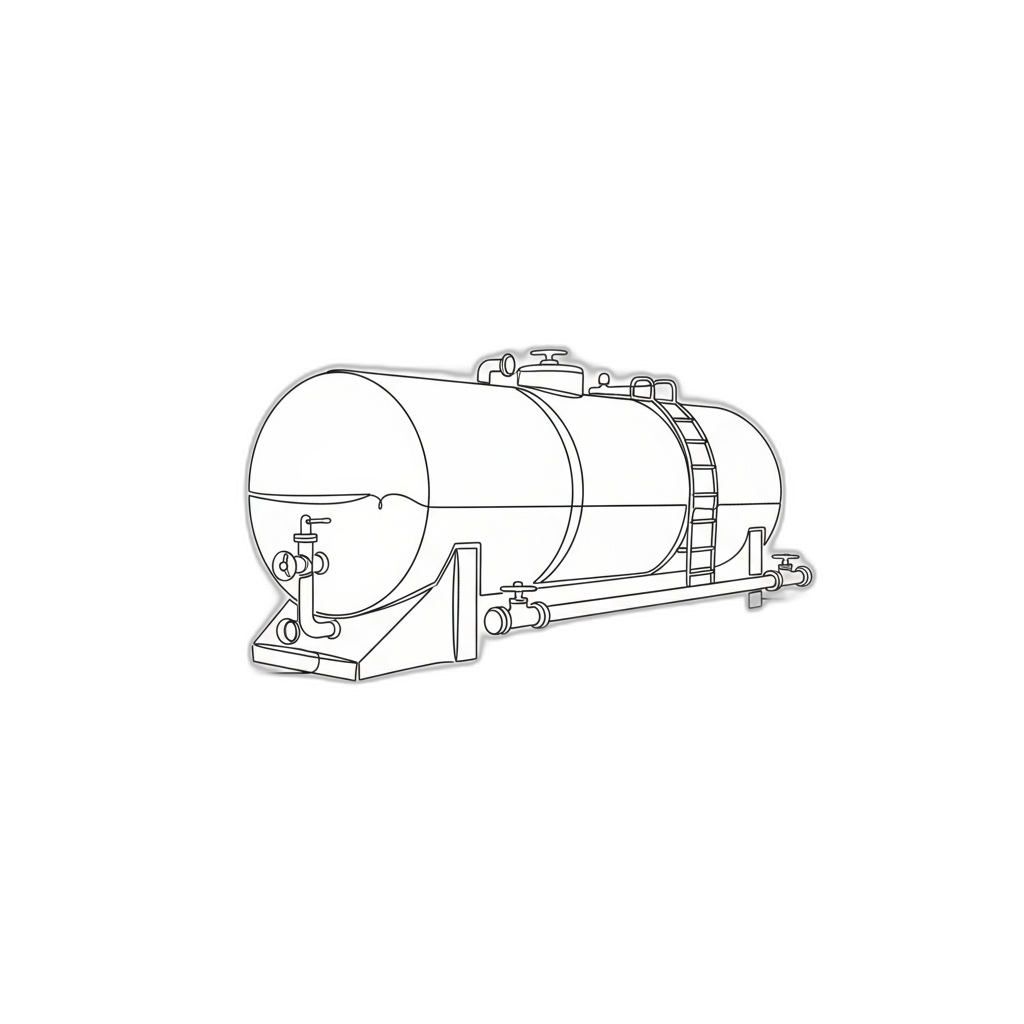
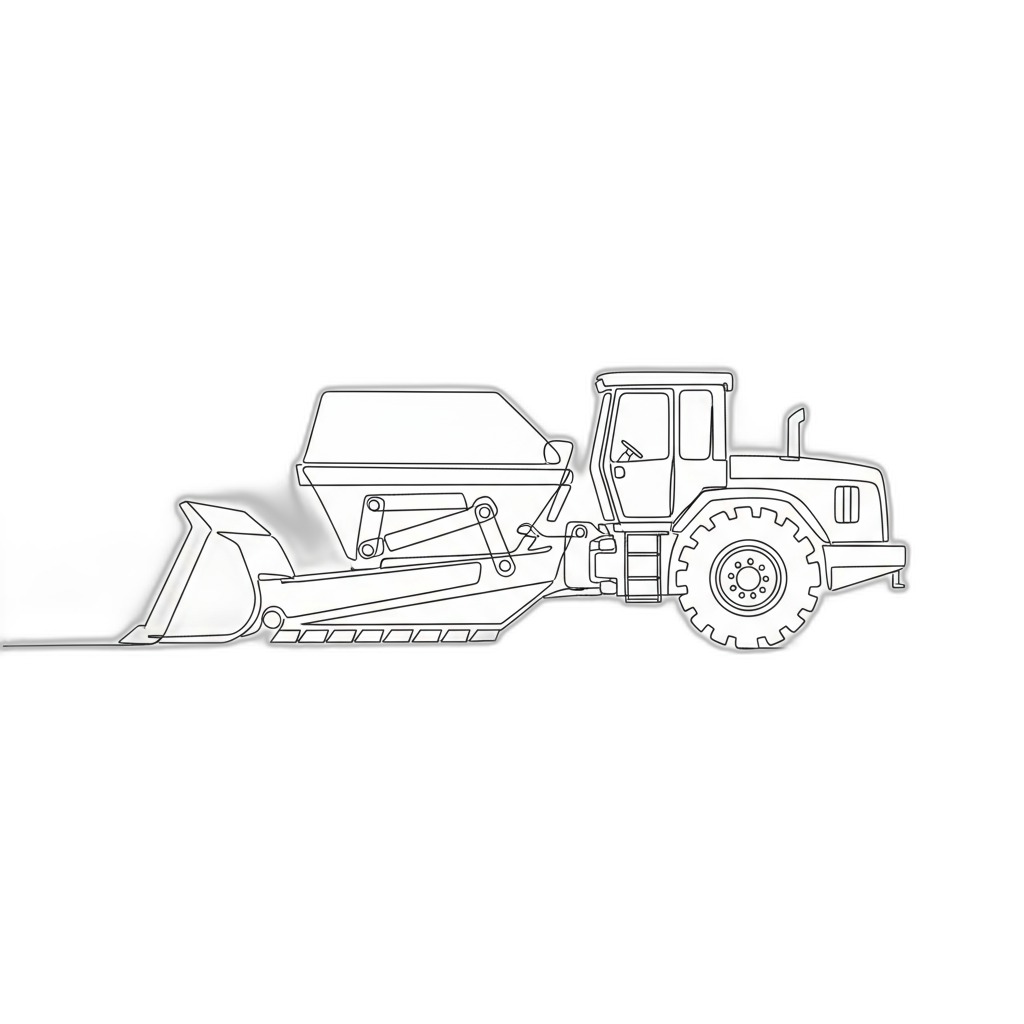
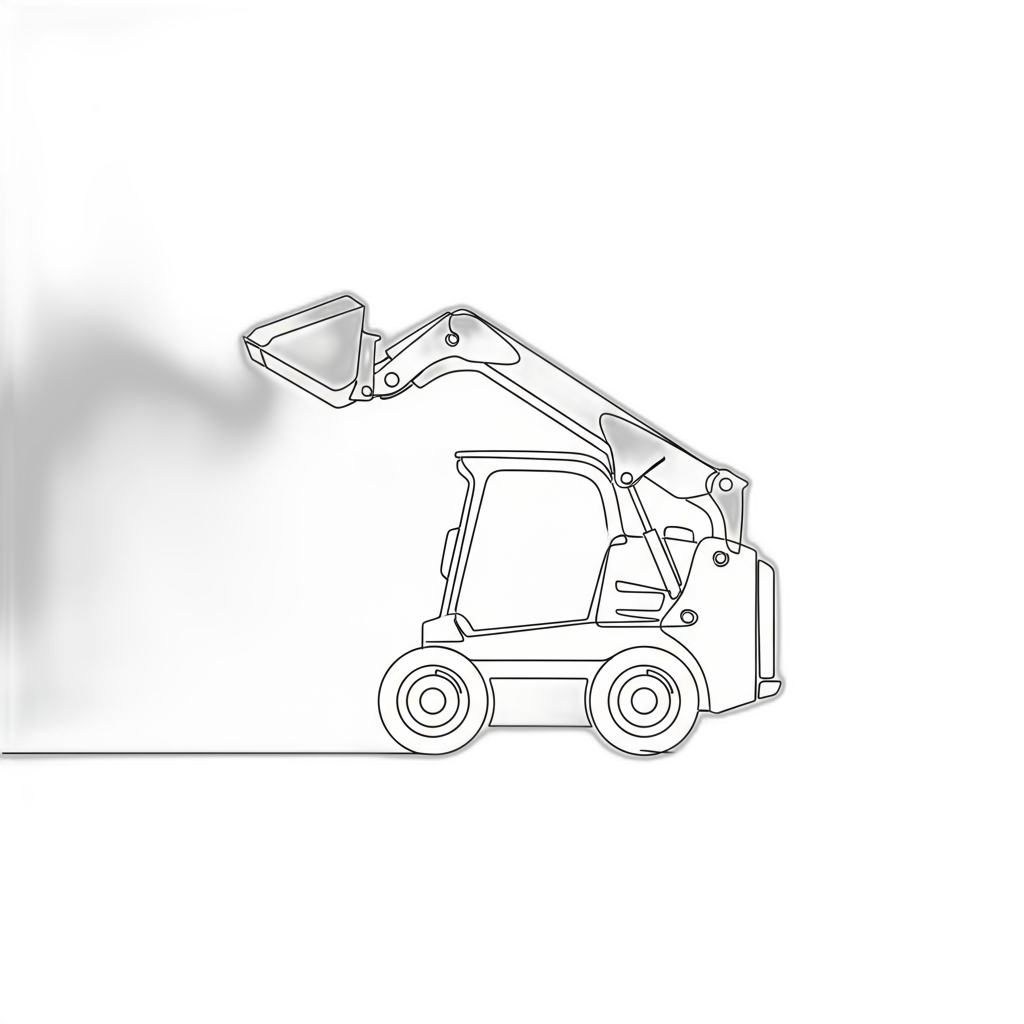


.svg)










